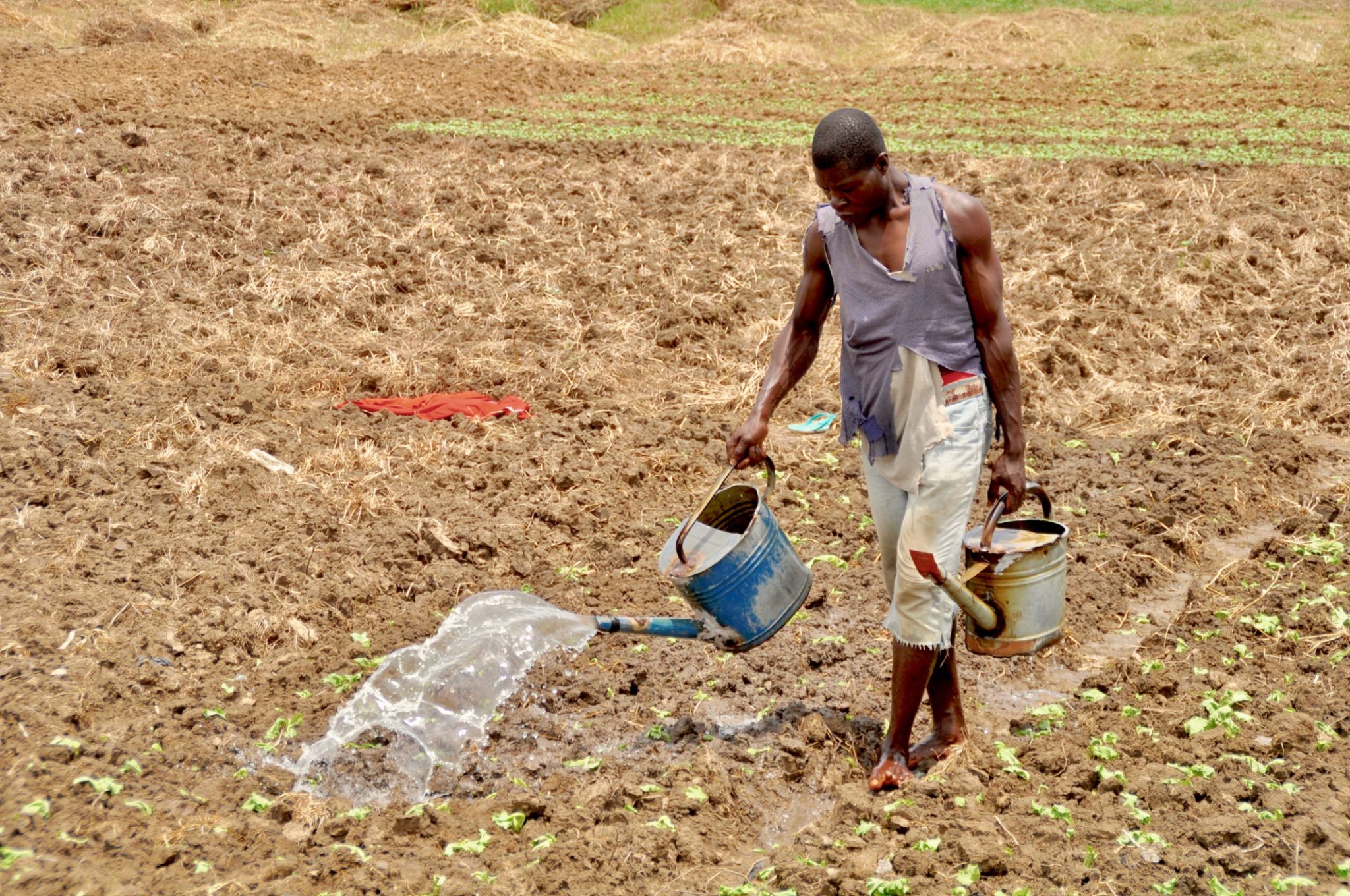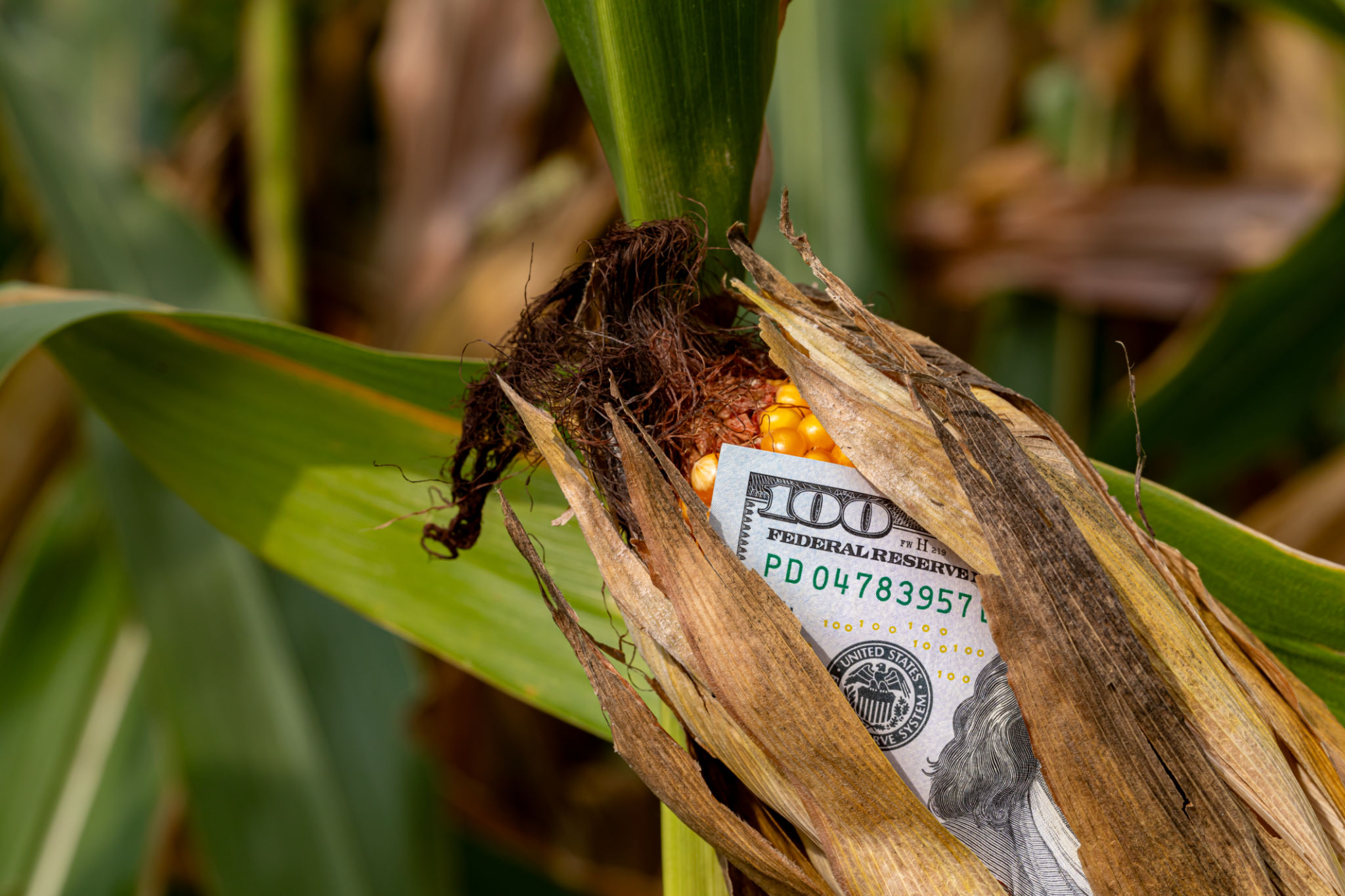Case Study: Success Stories from Ghanaian Farmers Using Agronomic Support
Introduction to Agronomic Support in Ghana
In recent years, agronomic support has played a crucial role in transforming agriculture in Ghana. By providing farmers with essential resources, knowledge, and technology, these support systems have significantly increased productivity and sustainability. This case study delves into the success stories of Ghanaian farmers who have benefited from such support, showcasing how these initiatives have positively impacted their livelihoods.

Empowering Farmers with Knowledge
The cornerstone of agronomic support lies in educating farmers about modern agricultural practices. Training programs have been developed to teach farmers about crop rotation, pest management, and soil conservation techniques. Such knowledge empowers farmers to make informed decisions and improve their yields. For instance, the introduction of workshops focusing on sustainable farming has led to a marked increase in crop productivity.
As a result, farmers who previously struggled with low yields and poor soil quality are now thriving. They have adopted innovative practices that not only boost their production but also preserve the environment for future generations.
Access to Quality Seeds and Fertilizers
A critical aspect of agronomic support is providing access to high-quality seeds and fertilizers. Many farmers in Ghana have historically faced challenges in sourcing reliable inputs. Through partnerships with agricultural organizations, farmers now receive certified seeds and eco-friendly fertilizers that enhance crop growth.
This access has led to a substantial improvement in crop quality and resilience against pests and diseases. One farmer reported a 30% increase in maize yield after switching to certified seeds, illustrating the profound impact of such support.

Leveraging Technology for Enhanced Productivity
Technology has been a game-changer in modern agriculture, and Ghanaian farmers are increasingly embracing digital tools to optimize their operations. Mobile apps providing weather forecasts, market prices, and farming tips have become indispensable resources for farmers seeking to maximize their productivity.
For instance, a cocoa farmer utilized a farming app to track weather patterns and optimize his planting schedule, resulting in a more bountiful harvest. This integration of technology into traditional farming practices highlights the dynamic evolution of agriculture in Ghana.
Community-Based Approaches
Agronomic support initiatives often involve community-based approaches that encourage collaboration among farmers. By forming cooperatives, farmers can share resources, knowledge, and experiences, leading to collective growth and success.
These cooperatives also provide a platform for negotiating better prices for their produce and accessing larger markets. The sense of community fosters resilience and innovation, as farmers work together to overcome challenges and achieve common goals.

Impact on Economic Growth and Food Security
The positive outcomes from agronomic support extend beyond individual farmers to the broader economy. Increased agricultural productivity contributes significantly to Ghana's GDP and strengthens food security by ensuring a stable supply of staple crops like maize, rice, and cassava.
The success stories of these farmers underscore the potential for agronomic support to drive economic development and alleviate poverty in rural areas. As more farmers adopt these practices, the ripple effects will continue to enhance the nation's agricultural landscape.
Conclusion: A Promising Future
The case studies of Ghanaian farmers benefiting from agronomic support paint an optimistic picture of the future of agriculture in the country. By continuing to invest in education, technology, and community-based initiatives, Ghana stands poised to achieve sustainable agricultural growth.
These success stories not only inspire other farmers but also highlight the importance of ongoing support from government bodies, NGOs, and private sector partners. With continued collaboration, Ghanaian agriculture can flourish, paving the way for a prosperous future.
